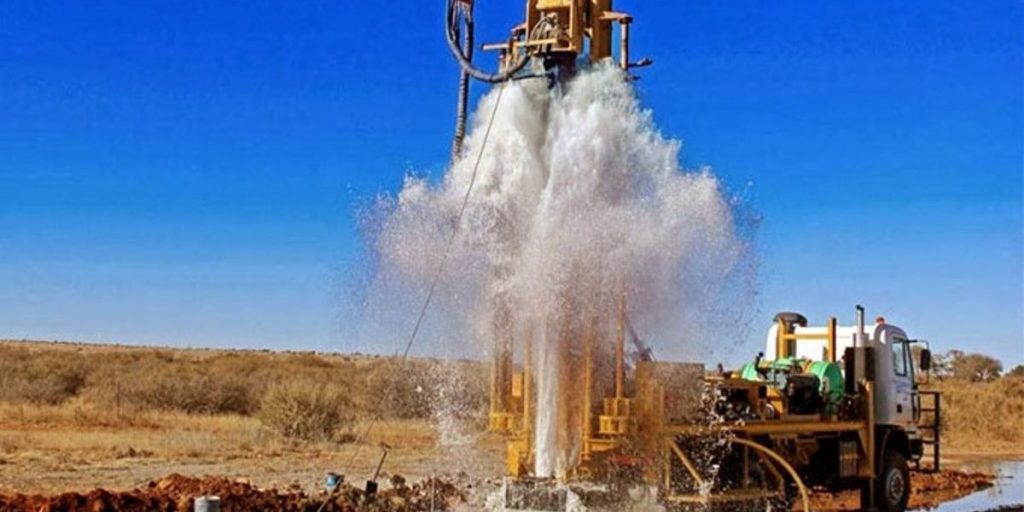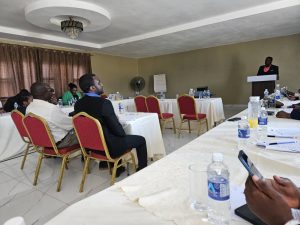ECC Champion
The World Water Day commemorations have brought to the fore the importance of sustainable utilization of underground water with environmentalists in Zimbabwe calling on authorities to guard against over exploitation of underground water which will become critical to adapt to climate change.
A core focus of World Water Day is to support the achievement of Sustainable Development Goal (SDG) 6 of water and sanitation for all by 2030.
In a statement to commemorate World Water Day, the Zimbabwe Environmental Lawyers Association (ZELA) said the demand for water will continue to increase.
“As climate change worsens, groundwater found underground in aquifers, sands, and gravels will become more critical.
“Demand for water will continue to increase, and it has been estimated that by 2030 nearly half of the population will live in areas of high-water stress, which will result in the displacement of populations.
Now is an opportune time for technological development, to create jobs in the operation and maintenance of treatment plants to reclaim water,” said ZELA in a statement.
ZELA said sustainable management of underground water will balance the needs of the people and the planet.
“As we commemorate the day, we are also being encouraged to work together to sustainably manage this precious resource which is being affected by many challenges including pollution. Its sustainable use will balance the needs of people and the planet.
“The Government must craft, adopt and implement comprehensive and integrated strategies and programmes to ensure that there is sufficient and safe water for present and future generations.
“Such strategies and programmes may include reducing depletion of water resources through unsustainable extraction while ensuring that proposed developments do not interfere with access to adequate water,” reads the statement.
Fauna and Flora Zimbabwe director Fidelicy Nyamukondiwa called on authorities like the Environmental Management Agency (EMA) to work hand in glove with communities in protecting underground water.
“Duty bearers and citizens must work towards the preservation of wetlands as these are important to ecosystems that contribute to biodiversity, climate mitigation and freshwater availability among others.
“Therefore, it is important to encourage actions to conserve and restore them,” said Nyamukondiwa.
As Zimbabwe gears up for the 2023 harmonised elections, there has been an increase in exploitation of underground water through drilling of boreholes.
The ruling Zanu PF party says it has lined up thousands of boreholes to be drilled as a way of drumming up election support.
This report was made possible through support from WAN-IFRA Media Freedom’s Strengthening African Media Programme: Climate Change and Environmental Reporting. Views expressed here do not belong to WAN-IFRA






